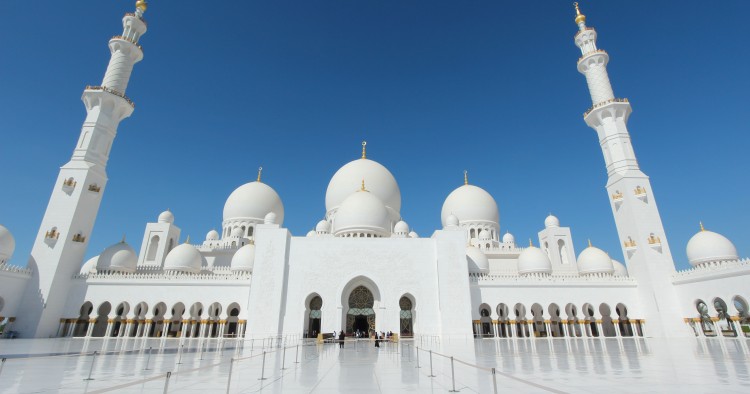Summary
Cordial interactions between President Donald Trump and several G.C.C. leaders suggest a warming in U.S.-G.C.C. relations after years of friction with the Obama administration. Trump’s declared position to not advocate human rights and political reforms abroad, and his tough stance on Iran will be music to the ears of Gulf leaders. Nevertheless, room still remains for disagreement over a number of issues, including Syria, Israel-Palestine, JASTA and energy policy. Greater consultation in policy formulation between the United States and its Gulf partners is needed to prevent misunderstandings from arising.
Key Points
- For the Saudis, Yemen will serve as the litmus test for a more determined U.S. response to Iranian expansionism
- Saudi Arabia does not support abrogating the Iran nuclear deal, fearing a hot war between the United States and Iran will threaten its security
- Trump’s abandonment of Obama-era policies supporting civil liberties, human rights and democratic reform in the Arab world will be welcomed in the Gulf
- Trump’s expectations that the G.C.C. formalize relations with Israel before a peace deal with the Palestinians are inflated
- Disagreements over Syria are likely to persist if Trump seeks closer coordination with Moscow, strengthening the roles of Russia and Iran in the region
Read the full Policy Focus here.
The Middle East Institute (MEI) is an independent, non-partisan, non-for-profit, educational organization. It does not engage in advocacy and its scholars’ opinions are their own. MEI welcomes financial donations, but retains sole editorial control over its work and its publications reflect only the authors’ views. For a listing of MEI donors, please click here.













